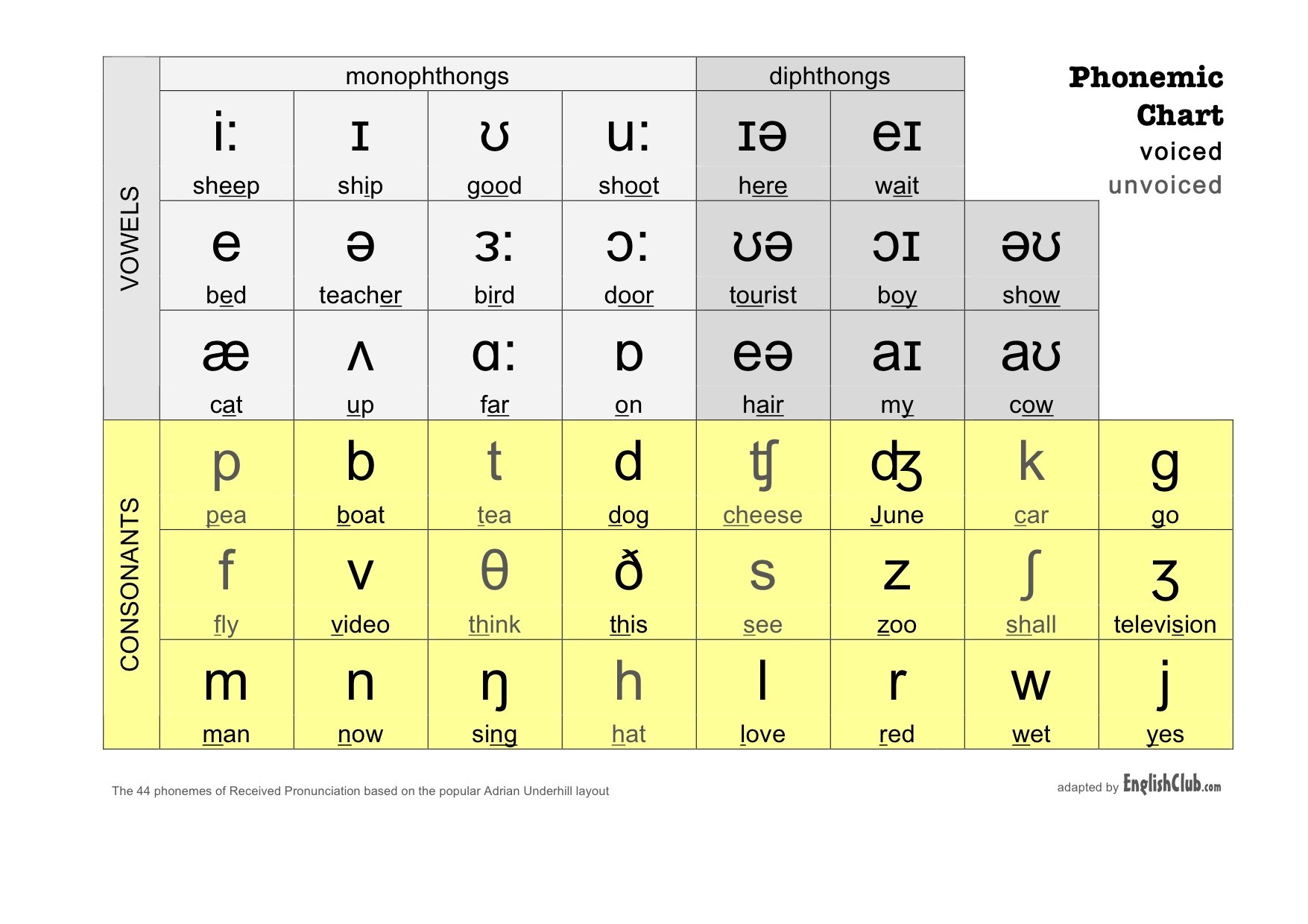
WHOM SHOULD YOU marry?
Warm up
—- * * FOR NEW STUDENTS ** ————————————— ————
- What industry do you work in and what is your role?
- What are your responses in your role / position?
- Can you describe to the function of your workplace / company?
- How many departments, how many offices. National or International?
- What are the minimum requirements for employment ie Education or Experience?
- How many opportunities are there to ‘move up the ladder’?
- What is the process for changing job roles ie Interview? Test?
- Current projects? Deadlines? Opportunities?
- Anything of interest happening?
1.
This may be the most consequential decision of a person’s life. The billionaire investor Warren Buffett certainly thinks so. He calls whom you marry “the most important decision that you make.”A few years ago, a young, energetic, uber-curious, and brilliant scientist, Samantha Joel, aimed to change that. Joel, like so many in her field, was interested in what predicts successful relationships. But she had a noticeably different approach from others. Joel did not merely recruit a new, tiny sample of couples. Instead, she joined together data from other, already-existing studies.
2.
The size of the dataset was impressive. So was the information contained in it. For each couple, Joel and her team of researchers had measures of how happy each partner reported being in their relationship. And they had data on just about anything you could think to measure about the two people in that relationship.The researchers had data on:
- demographics (e.g., age, education, income, and race)
- physical appearance (e.g., How attractive did other people rate each partner?)
- interests and hobbies
- mental and physical health
- values (e.g., their views on politics, relationships, and child-rearing)
- and much, much more
No.

What makes a successful marriage?
4.
The number one—and most surprising—lesson in the data, Samantha Joel told me in a Zoom interview, is “how unpredictable relationships seem to be.” Joel and her coauthors found that the demographics, preferences, and values of two people had surprisingly little power in predicting whether those two people were happy in a romantic relationship. WELL … THAT sure seems like a letdown.
5.
Another way to say all this: Good romantic partners are difficult to predict with data. Desired romantic partners are easy to predict with data. And that suggests that many of us are dating all wrong. So, what traits make people desirable to others?
- someone tall (if a man)
- someone of a desired race (even though most never admit it)
- someone rich
- someone in an enforcement profession (like lawyer or firefighter) if a man
- someone with a sexy name (such as Jacob or Emma)
- and someone just like ourselves (people are 11.3 percent more likely to match with someone who shares their initials)

What traits do you find most desirable in a partner?
How do you think dating / marriage has changed over the last 20 years?
7.
- “John, were you satisfied with your life before you met Sally?”
- “John, were you free from depression before you met Sally?”
- “John, did you have a positive affect before you met Sally?”
Researchers have found that people who answered “yes” to questions such as these are significantly more likely to report being happy in their romantic relationship. In other words, a person who is happy outside their relationship is far more likely to be happy inside their relationship, as well.
THE RESEARCH
8.
But what else predicts romantic happiness beyond one’s own preexisting mental state? What qualities of a mate are predictive of romantic happiness? Let’s start with the qualities of one’s mate that are least predictive of romantic happiness. Among more than 11,000 long-term couples, machine learning models found that the traits listed below, in a mate, were among the least predictive of happiness with that mate.
NATURE VS. NURTURE
9. Let’s call these traits the Irrelevant Eight, as partners appear about as likely to end up happy in their relationship when they pair off with people with any combo of these traits:- Race/ethnicity
- Religious affiliation
- Height
- Occupation
- Previous marital status
- Similarity to oneself





